Strengthening the resilience of Central Asian countries by promoting regional cooperation in assessing nival-glacial systems
Workshop "Strengthening the resilience of Central Asian countries by promoting regional cooperation in assessing nival-glacial systems to develop integrated methods for sustainable development and adaptation to climate change"
On November 4-5, 2024, the 2nd Subregional Workshop was held in Almaty, dedicated to the project financed by the Global Environment Facility (GEF) jointly with UNDP and implemented by UNESCO.
The aim of the workshop - is to strengthen cooperation between experts from different countries in the field of cryosphere research, review key ideas on climate change, cryosphere monitoring, data collection and exchange, and develop a framework for development scenarios. The new project highlights the importance of glacial-nival systems for maintaining regional water supply and sustainability of agriculture and energy.
Participants:
The workshop was attended by about 70 people, including representatives of ministries, leading research organizations, specialists from hydrometeorological services of 5 Central Asian countries, as well as Switzerland. Gender-balanced presentations were attended by employees of a number of ministries, research institutes, NGOs, and youth organizations.
The Central Asian Regional Glaciological Centre (category 2) under the auspices of UNESCO (CARGC) was represented by the Director, Professor T.O. Balykbayev, as well as leading researches of CARGC N.V. Pimankina, A.B. Yegorov, T.G. Tokmagambetov, V.P. Kapitsa, Z.S. Usmanova.
Mr. Zh. Abrashov, Head of the MFA Representative Office in Almaty, Mr. Amir Pirich, Director of the UNESCO Regional Office in Almaty and others addressed the participants of the seminar with welcoming words. Their speeches emphasized the importance of combining the efforts of scientists in strengthening regional cooperation in the field of cryosphere studies.
In accordance with the program, presentations of the identified problems of the cryosphere were held, taking into account the country specifics of each identified problem. Participants from Kazakhstan presented some data on the state of the cryosphere in the Republic of Kazakhstan and the impact of climate change on its degradation.
The prospects for the development of the water sector of the participating countries, the problems of efficient water consumption and assessment of the quality and reliability of information were the subject of special discussions. The training of young specialists remains a major problem: there is a shortage in the fields of study in hydrology, permafrost, avalanches, and cartography.
During the seminar, scenarios of changes in the cryosphere and water resources of the Syrdarya and Amu Darya rivers were presented, created on the basis of existing programs by scientists from the University of Fribourg (Switzerland) and presented by Ms. Martina Barandun. According to scenario forecasts, even by optimistic estimates, 25% of the glaciers in Central Asia will melt by 2100. Glacial runoff into the Syrdarya River will decrease by 30%, and in Amu Darya River basin, an increase in glacial runoff by 40% will be observed by 2100. The strongest changes will be observed in August and September. The peak of river flow will shift to spring. A large deficit in the Syrdarya River flow is expected at the end of summer. In Amu Darya River basin, the greatest changes are expected in the spring months.

Workshop participants, 04.11.2024
The Cause and Effect Analysis (CEA) methodology for cryosphere-related problems has been developed by the GEF and is widely used in diagnostic analysis of transboundary waters. The purpose of the CEA is to identify the most important influencing factors for each significant problem in order to develop adequate measures aimed at mitigating negative impacts. The CEA procedure involves identifying priority influencing factors and establishing the root causes of environmental problems. According to the GEF methodology, under the guidance of Technical Advisor Mr. T. Makeev, the workshop participants presented their vision of the development of the situation using statistical data by country for 2020 and the rate of glacier change. The calculations were based on data on the rate of climate warming observed in the Central Asian countries, as well as on changes in the area of snow cover and glaciation in each country.
Discussion of the results of modeling climate change, glacier degradation and runoff changes showed that the development of realistic scenarios for the state and size of water resources requires knowledge of many parameters, including economic ones, and consideration of the use of innovative technologies in the water sector.
Results: priority problems were selected, the solution of which, in the opinion of the participants, is the most important. In general, a plan of joint actions for the exchange of information and overcoming the shortage of personnel was approved. Scenario assessments of the impact of climate change on the volumes of water resources of a number of rivers in Central Asia were obtained. The obtained expert assessments are the basis for the preparation of the Diagnostic Analysis and, in the future, for the development of National Action Plans.
N.V. Pimankina
Head of laboratory for monitoring of the dynamics of snow and ice resources
CARGC, GEF
Nov. 6, 2024
